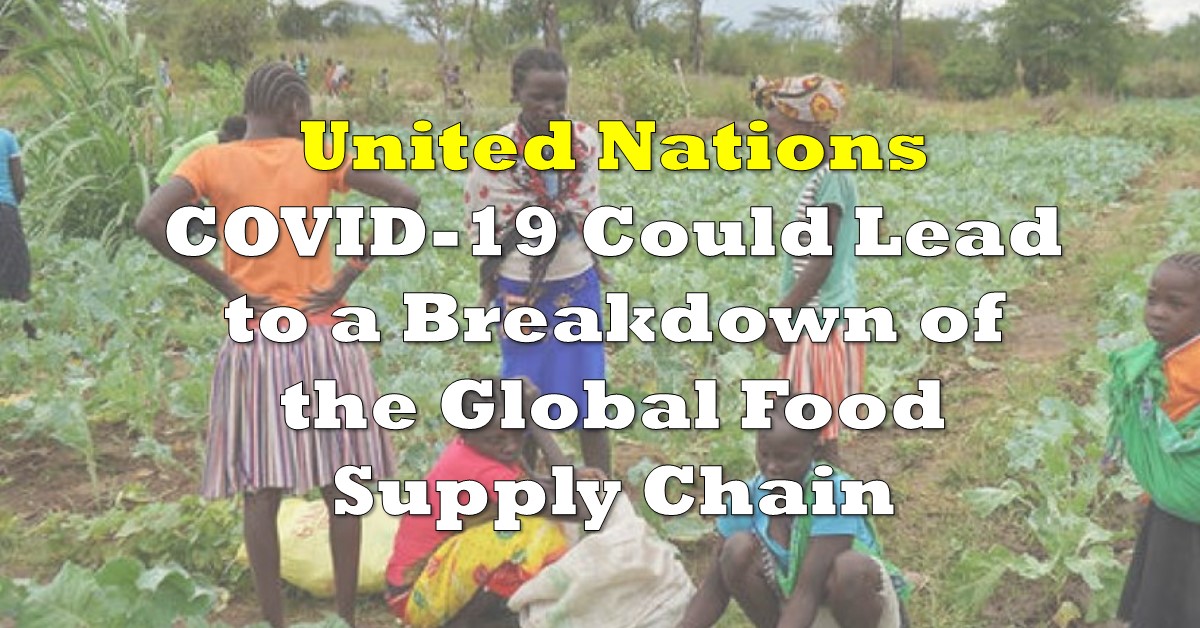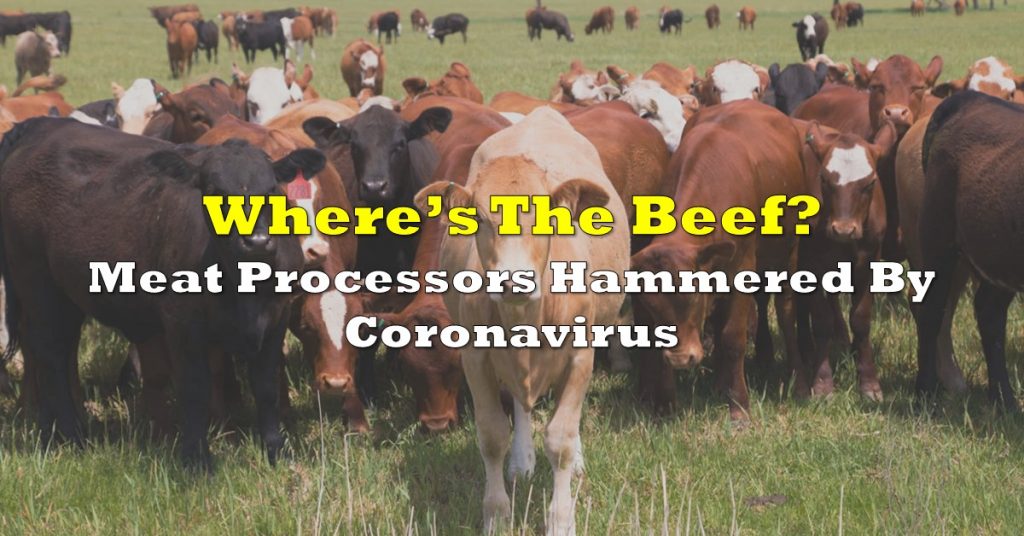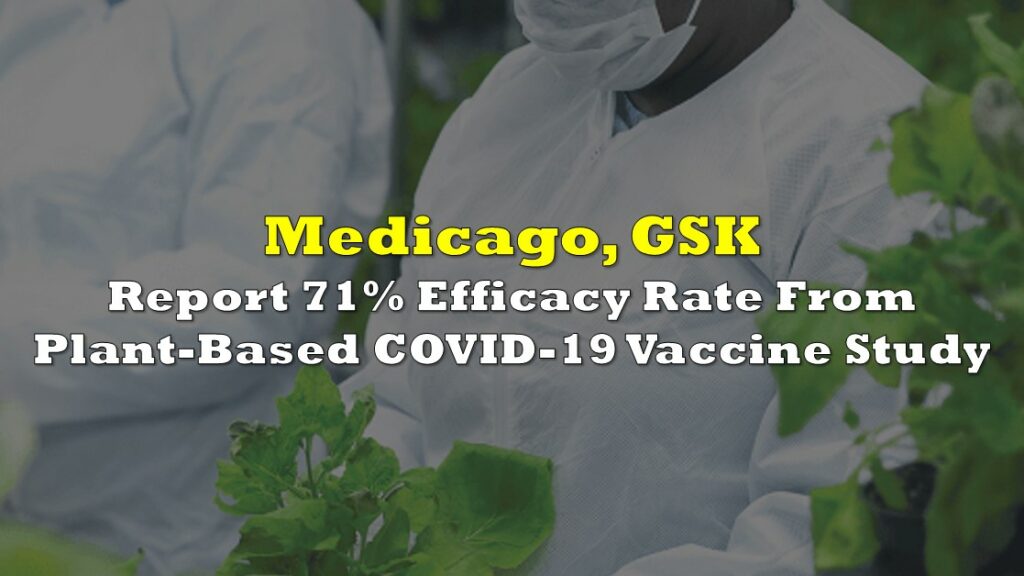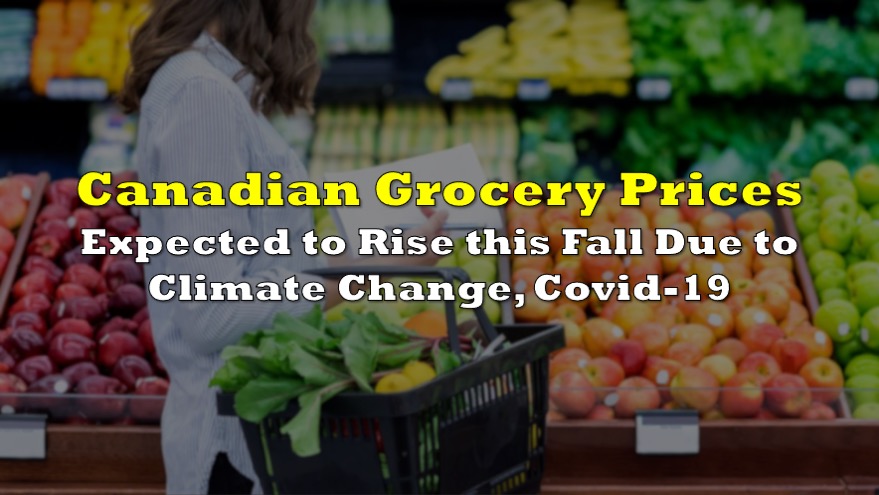The COVID-19 pandemic has led to the UN warning the public about the possibility of a food shortage. In a quick Q&A posted on the UN’s website, they pose the question, is there a risk that we will run out of food?
The United Nations acknowledges the risk is real, but can be mitigated with proper planning. They suggest governments adopt measures to reduce the likeliness of exacerbating the global health crisis; focusing on policies that keep the flow of the global food supply chain running and plan around it when rolling out large-scale campaigns against COVID-19.
Ten minutes of online research and you will quickly find problems ranging from: temporary farm workers not being allowed to travel, grocery store inventory shortages, local logistical breakdowns, stagflation, and a locust crisis effecting the Middle East and Africa.
The worst that can happen is that governments restrict the flow of food… All measures against free trade will be counterproductive. Now is not the time for restrictions or putting in place trade barriers. Now is the time to protect the flow of food around the world.”
Maximo Torero, Chief Economist, UN Food and Agriculture Organisation
With countries beginning to lock down borders across the world, recruiting seasonal workers will create challenges unless measures are taken to ensure vital workers can still travel for farming related production.
In an article published by the Globe and Mail, we learn Germany grants visas for about 300,000 seasonal workers each year; Britain takes in 90,000, Switzerland 33,000, and Spain recruits 15,000 from Morocco alone. Creating large problems if travel is blocked between countries.
Making all us ‘privileged folk’ nervous we might have to pull a Stephen Colbert and start working the fields. Only to return to our national government with a new found respect for the workers who feed us.
What Happens if Traders Get Nervous?
And then of course, the traders could also play a large role. In an interview with the Guardian, United Nations Food and Agriculture Organization’s Chief Economist Maximo Torero warns us:
“If traders start to become nervous, conditions will get difficult… It just needs one big trader to make a decision [to disrupt the supply of staple crops] and that will affect everywhere. Governments must properly regulate, that is their biggest function in this situation. It’s very important to keep alive the food value chain: intervene to protect the value chain [including the supply of workers] but not to distort the market.”
The Paradox Approaching Africa: Good Crops, Blocked Infrastructure, Bad Luck?
Small farmers in the developing world could watch good crops spoil due to a lack of inputs and labour; something Africa saw during the Ebola crisis.
A paradox of global hunger is that, despite their activity, smallholder farmers in the rural areas of developing countries are disproportionately at risk of food insecurity themselves, with low incomes a major reason for that. It would be tragic if that problem were to be exacerbated, and their ability to produce food reduced, at a time when we are trying to make sure that food supply remains adequate for everyone. So policy makers must pay attention to them. What we know – and we saw it during lockdowns in West Africa during the Ebola crisis – is that restriction of movements and road closures curb farmers’ access to markets both to buy inputs and sell products. They also reduce the availability of labour at peak seasonal times. The result is that fresh produce can accumulate without being sold, leading to food losses, while those who grow it lose income. This is a doubly relevant issue for Africa, where the continent’s food supply is already threatened by the desert locust scourges.
Countries Already Beginning to Block Exports
We have already seen cases of countries blocking food exports. Kazakhstan, has banned the exporting of wheat flour, buckwheat and vegetables. Vietnam has temporarily suspended rice export contracts until March 28th. And Russia has suspended exports of processed grains for 10 days starting March 20th; including ready-to-eat buckwheat, rice and oat flakes.
Overall Thoughts, God Help Us If This Escalates
At the time of publishing this article, the US has seen over 20,000 cases of the virus in the last day alone. Economists are coming to terms with the difficulty of modeling out the near-term future for the world. With some seeing a “V Shaped” recovery and others seeing changes in the world as we know it. Overall, food disruption around the world is not just another variable that increases risk in economic models, it’s a catalyst for something much bigger. Here’s hoping governments can plan appropriately, so we can avoid major disruptions from our everyday lives and continue ordering groceries online while we watch Tiger King on Netflix.
Information for this briefing was found via the provided links including the Guardian. The author has no securities or affiliations related to this organization. Not a recommendation to buy or sell. Always do additional research and consult a professional before purchasing a security. The author holds no licenses.









